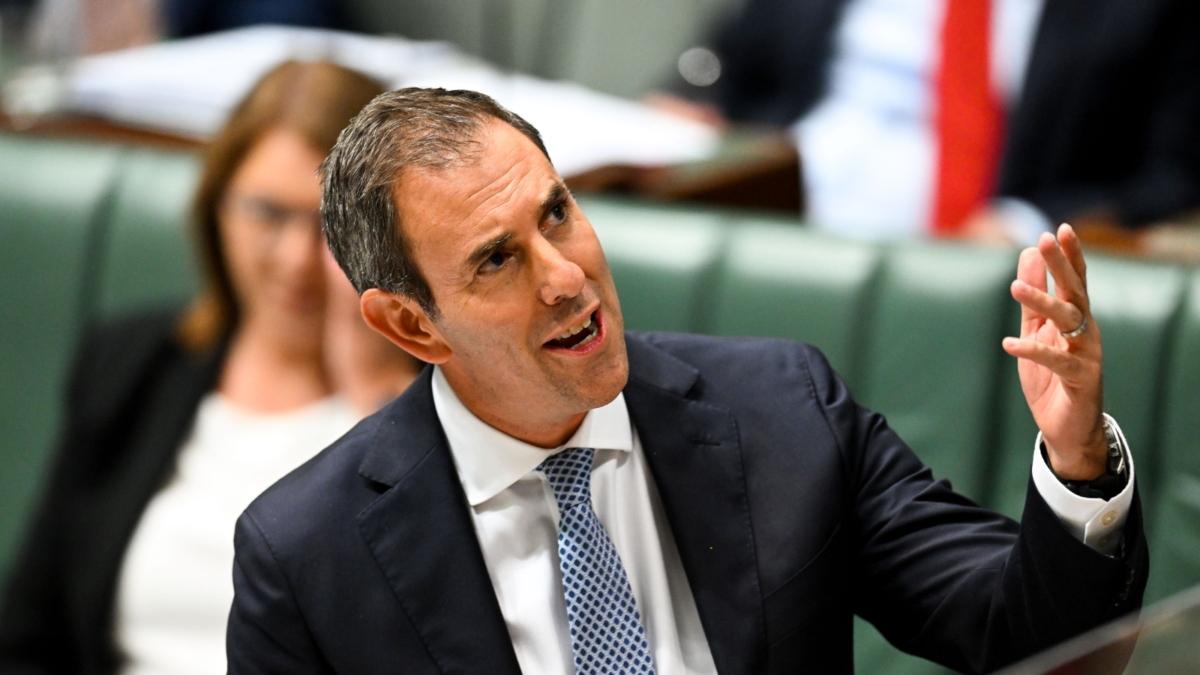Uncertainty reigns in Future Fund mandate change
Back in 2019, I sat in on a debate between Bill Kelty and John Hewson on superannuation policy. The debate occurred in the context of the recently commissioned retirement income review and amidst concerns that the government of the day would once again freeze (or even axe) the legislated increase to the Superannuation Guarantee (SG).
Mostly what I remember from that day was Kelty’s exhortation that we should “leave super alone” – repeated so many times that it became an enduring in-joke for the team. It was the answer to the question of whether the SG should be frozen, whether super should be used to fund renewable energy infrastructure or opened up for house deposits.
For Kelty, the nature of the intervention was irrelevant; intervention itself was the problem. Changing a system’s settings would inevitably reduce confidence in that system.
The Future Fund is not a super fund. It is a sovereign wealth fund, though some of its critics would argue it is not even that. It is a government agency that invests primarily to fund the government’s pension liabilities and so reduce its reliance on taxpayers. Treasurer Jim Chalmers now wants it to consider “national priorities” – housing, renewable energy and infrastructure investment – in its investment process. While its primary focus will still be maximising returns, the changes will also “help it maximise its role in delivering for Australians in the future”.
It is understandable that the government would want to leverage the significant and globally-recognised investment expertise within the Future Fund, and the tweaks to its mandate are small – the target return has not been changed. But they are tweaks, and will inevitably reduce confidence in its ability to meet its objective. If the Future Fund falls short of its target return, the question will be asked of whether it fell short because its attention was on “national priorities” instead of alpha generation; if an investment goes belly up, as they sometimes do, the question will be asked of whether all its risks were considered.
The answers to these questions don’t matter. It’s that they become a distraction. Already the changes have sparked a firestorm of criticism and accusations that the Albanese Government has turned its biggest financial asset into a slush fund. It is inevitable that the Future Fund will find it harder to operate in a more politicised environment – an environment it has repeatedly warned about in position papers like A New Investment Order and The Death of Traditional Portfolio Construction?
Uncertainty creeps into everything. Why does the government insist on trying to outsource what most people would view as its responsibility – providing housing to its own people – to institutional investors? If the Future Fund can only invest in something where the returns stack up, what is the point of asking it to consider any of these national priorities at all? And will super funds one day be similarly directed?
Again, the answers hardly matter. What matters is that the questions can be asked at all.











